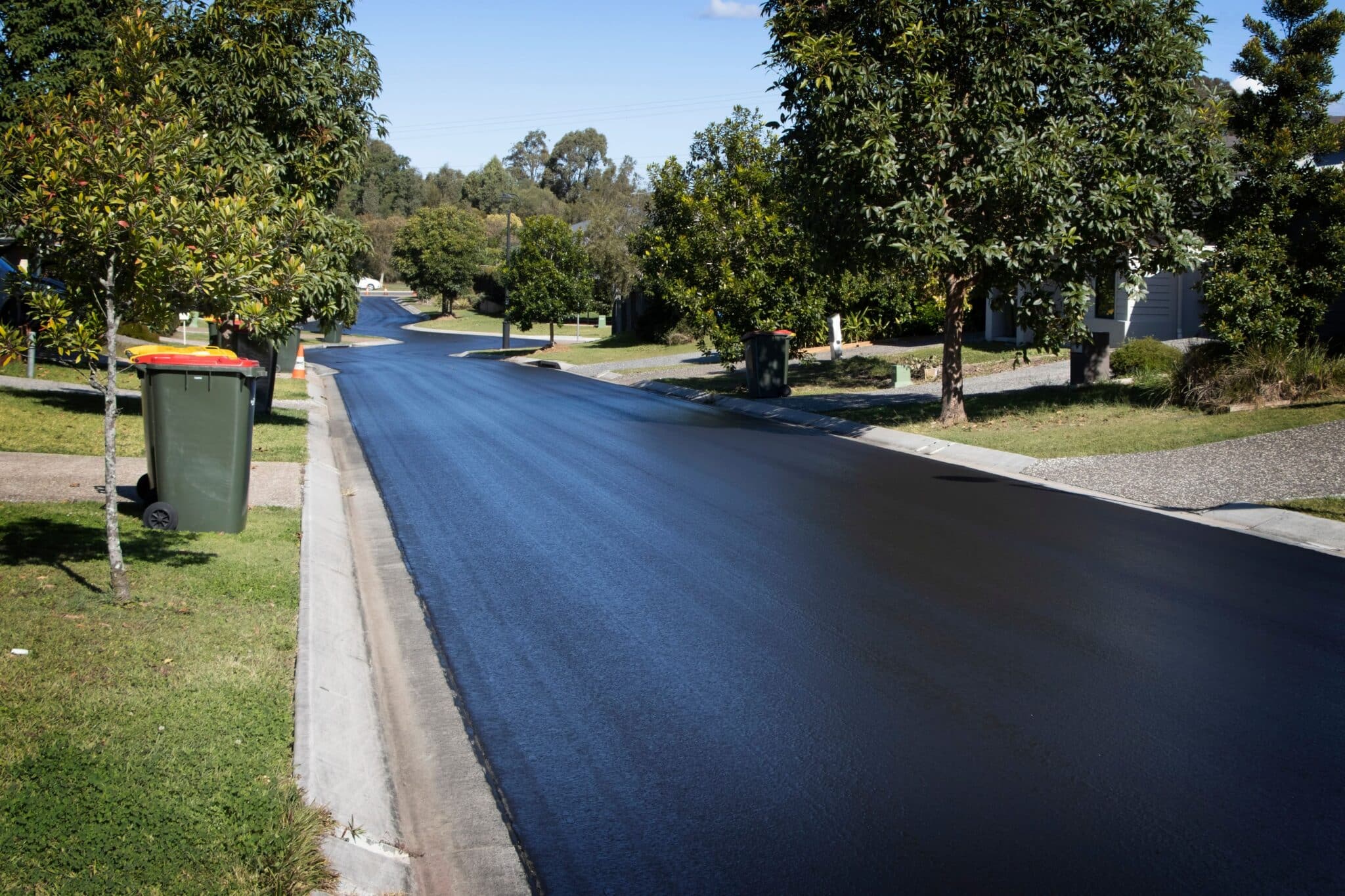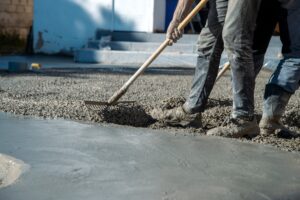If you’re a business owner who is responsible for maintaining asphalt surfaces, then you know the importance of using asphalt sealer. Not only does this protect your surface from weathering and UV damage, but it also helps to extend the life of your asphalt. In addition to using regular asphalt sealer, you may also want to consider using asphalt sealer additives. These additives can provide several benefits that standard asphalt sealant alone cannot. In this article, we will discuss what asphalt sealer additives are and the benefits of using them.
What are asphalt sealer additives?
Asphalt sealer additives are aggregate blends of materials that can provide different effects for your asphalt sealcoating. In short, they are a direct upgrade to your asphalt sealcoating. They help protect your asphalt and sealant, will delay the natural deterioration of the asphalt, can be necessary for tight deadlines, and will leave your property owner much more satisfied.
Additives consist of three base formulas:
- Polymer additives: a polymer additive containing a wide variety of different materials which help to make the sealer more durable.
- Copolymer additives: a mixture of several compound chemical or polymer materials which are generally easier to produce yet still effective at increasing durability and strength.
- Latex additives: a latex-based additive that helps increase viscosity while increasing the lifetime of the sealer.
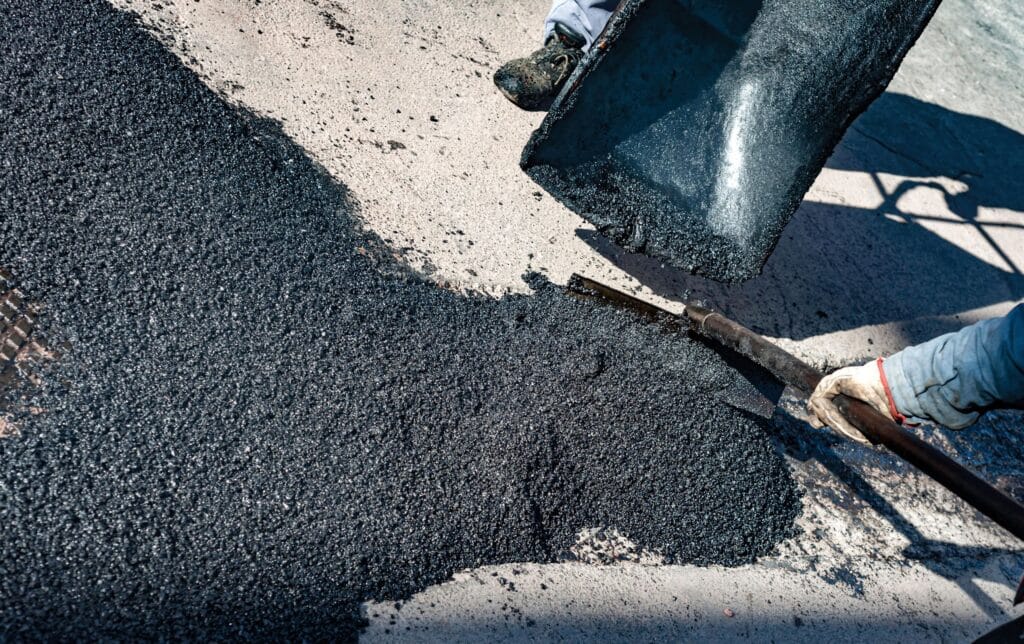
3 Benefits of Using Asphalt Sealer Additives
Now that you know the different types of additives available, let’s go over the benefits of these additives and how they improve the sealer. Here’s what you can expect from the various asphalt sealer additives:
- Improved sand distribution
- Faster cure time
- Stronger adhesion and increased viscosity
- Increased membrane strength
- Reduce tracking and steering marks
- Black diamond compatible
- Asphalt emulsion (AE) compatible
- Refined tar (RT) compatible
The proper asphalt sealer additives must be chosen for the job depending on ambient temperature, humidity, weather conditions, wind speed, sun exposure, and job deadlines.
Luckily, with all the performance additives available on the market today, many of these factors are addressed by the benefits of additives. Let’s dive into some of these benefits:
1. Sand Suspension and Better Distribution
Asphalt sealcoating mixes are made primarily of sand to allow better traction on pavement. One issue that arises naturally with sealcoating is the uneven distribution of the silica sand in the mix, which can lead to an uneven surface and decreased traction. With the help of an additive that can improve sand suspension, the sand will be distributed all throughout the asphalt paving and lead to a much higher quality job.
2. Faster Curing Time
Like any other project, we want the job to be efficient, high quality, and of course – done quickly! In projects with a tight deadline, or if a customer needs their asphalt driveway finished as soon as possible, an additive that can quickly cure the sealant is a must-have. It works primarily by drying the asphalt sealer from the ground up, rather than just by direct sunlight.
3. Stronger Adhesion and More Viscosity
If you need an asphalt sealcoating job to last for years with minimal wear, you must invest in an asphalt sealer additive that can withstand the harsh environment. For that purpose, some additives will increase the adhesion, the membrane, and overall viscosity of your asphalt sealer. It will outlive any asphalt surface that did not have any performance additives mixed into the formula!
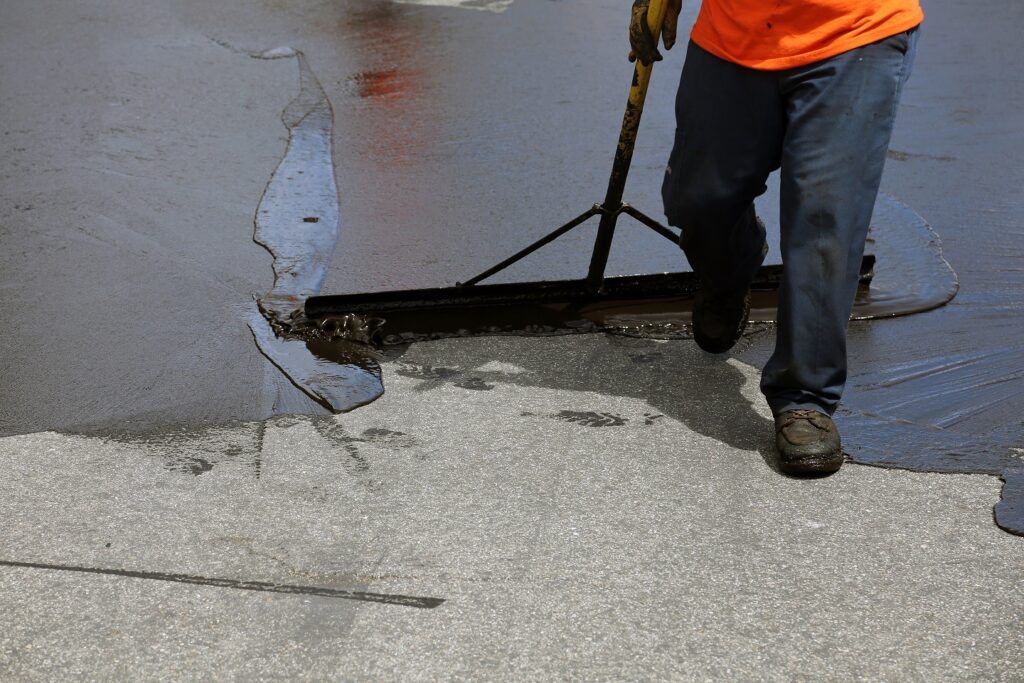
Asphalt Sealant Additive FAQs
So now that you understand the different types of asphalt sealer additives and their purposes and benefits, you may have a few questions that weren’t answered above. Here are some common questions that we receive about asphalt sealer additives:
How long do the additives make the sealer last?
Asphalt without any sealer will last about 5-6 years depending on weather conditions and environmental wear. Normally, asphalt sealing will extend the life of your asphalt by about 3-5 years depending on weather and environmental factors. Asphalt driveways can last longer depending on care and quality.
Since there needs to be so much pavement maintenance to ensure a high quality job that will last many years with minimal damage, it can be wearing (and costly) to constantly reseal pavement and other asphalt surfaces.
With the help of performance additives, you can extend the amount of time between reseals by at least 1-2 years. In the long run, it is a serious investment that will not only increase the quality of your asphalt sealant but will also greatly satisfy your clients.
How will I know which additive to buy?
It depends on the job you’re doing, what type of asphalt sealer you’re using, and what the weather conditions are like. Many additives will describe which use they are best for. Just make sure you distinguish if you are using asphalt emulsion (AE), refined coal tar (RT or RTS), or asphalt-based sealant before purchasing your asphalt sealer additives.
Are additives worth it?
Yes! They are almost always worth the investment as the quality of the job will be seen for years to come. Many commercial pavers will mix additives with their asphalt sealer to increase output, quality, and performance.
How many additives do I mix into the sealcoating?
It generally depends on the additive’s formula, but most producers will list the mix ratio so you can use what works best for your equipment and job. Usually, the more of the additive you mix in, the stronger its effects are.
Are asphalt sealer additives expensive?
It depends on which additive you need. Sealer additives are investments for the future and quality of your asphalt sealing. If you believe in delivering the best quality to your clients, then the cost of sealer additives is very fair.
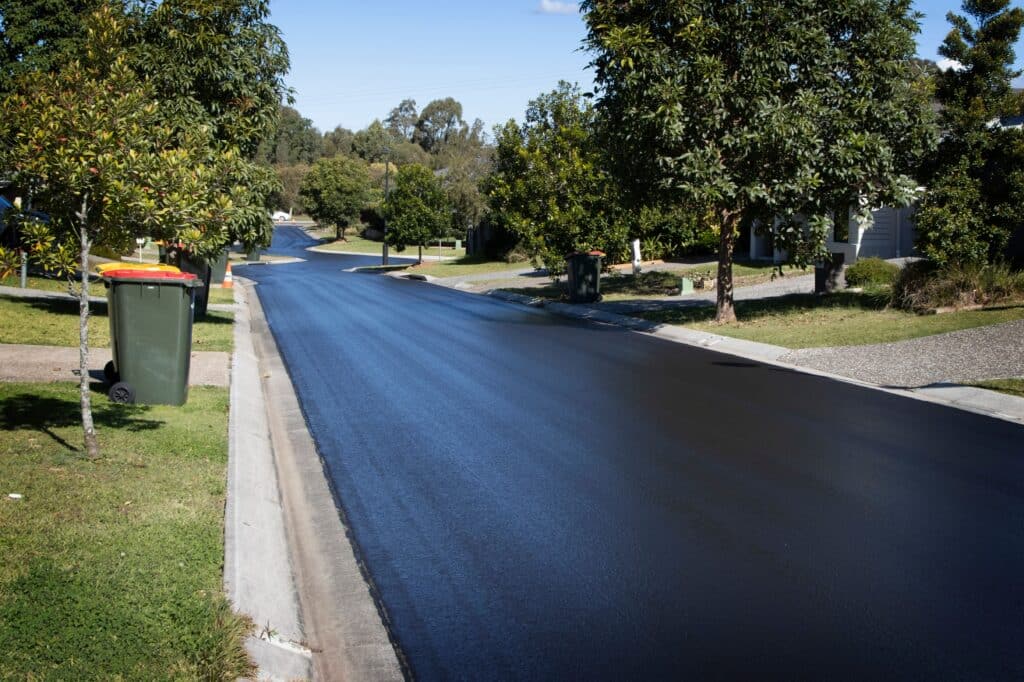
Leave it to Superior Asphalt, LC!
If you’re looking for sealcoating services with an asphalt sealer additive that will provide superior protection and lasting results, then look no further than Superior Asphalt, LC. We only use high-quality asphalt sealers and additives that are designed to extend the life of your asphalt surfaces. Contact us today to learn more about our sealcoating services and how we can help you achieve the best results for your asphalt surfaces!

